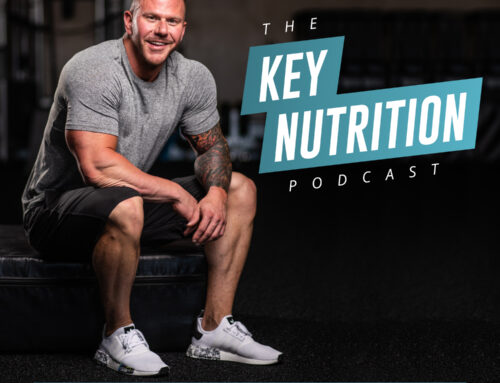We all know to lose fat, you need to be in a caloric deficit over a long period of time. However, our bodies are engineered to make it difficult.
Your body will adapt and slow fat loss in response to your self-imposed “famine”. That adaptation can be as simple as unconsciously moving less from a lack of energy.
But our hormones also adjust to slow fat loss. Leptin, the hormone that signals the brain that we are full, will decrease to keep the “eat more” switch flipped on.
Ghrelin, the hormone that signals hunger, will increase – as does cortisol.
Increased cortisol can disrupt sleep and signal additional fat storage.
If you feel like your diet isn’t working anymore, that you’re always “hangry” – well, that ghrelin/cortisol combo could be why.
Dieting is stressful. The psychological stress of dieting can make it hard to stick to the plan. Especially if you are following a plan that is highly restrictive with food choices. But even flexible dieters will experience the stress.
The stress isn’t just psychological. Being in a caloric deficit creates a physical stress on the body.
You are using that caloric deficit to create a physical adaptation – you want your body to burn off its own tissue – stored fat.
Your ability to handle stress is a physical ability and it uses glycogen from food for energy because the brain uses about 20% of your calories. When you’re eating less, you’re not only increasing the physical stress at the cellular level, but you have less available energy to handle life.
This episode is dedicated to breaking down some strategies to help keep these down regulations at bay.
Diet breaks, refeeds and the dreaded cheat meal phrase.
Enjoy the episode!
Next Level Experience Program Beta Testers –> Click Here
Order From Top Notch Nutrition -> Click Here
Connect with us on Instagram
Host Brad Jensen – @thesoberbodybuilder
Co-Host Michelle Raines – @mykeylife
Key Nutrition – @keynutrition


